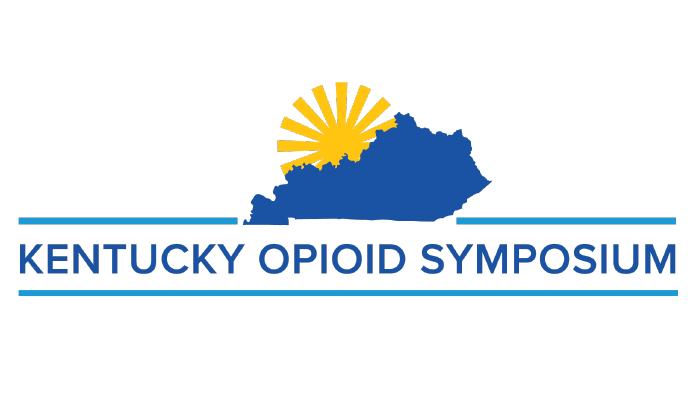LEXINGTON – There is hope.
That message was dominant among the 450 folks focused on substance use, treatment, and recovery who gathered for Kentucky’s first opioid symposium at the Central Bank Center October 9-10.
A broad spectrum of stakeholders — from law enforcement, policy makers, providers, and non-profit organizations — immersed themselves in various aspects of the epidemic to explore how to end the cycle of addiction once and for all. The symposium was organized by the Kentucky Opioid Abatement Advisory Commission (OAAC) within Attorney General Daniel Cameron’s office.
“Too many Kentucky families have been torn apart by the opioid epidemic,” said Bryan Hubbard, Chair & Executive director of the OAAC. “It is truly the public health challenge of our lifetime, and now it is finally within our power to take meaningful action.”
The OAAC is tasked with allocating more than $950 million secured to date in opioid settlement funds for Kentucky. Hubbard said the Commission “is committed both to aiding recovery and preventing opioid use in the first place.”
U.S. Congressman Harold “Hal” Rogers (KY-5th), who created Operation UNITE in 2003 in response to a Lexington Herald-Leader article that called Eastern Kentucky the “painkiller capital” of the nation, said it was time for a new headline: “Eastern Kentucky is now becoming the nation’s recovery capital.”
Among the breakout sessions offered at the symposium was a presentation by Operation UNITE President & CEO Tom Vicini. Entitled “Strengthening Families: Serving Grandparents, Parents & Children Impacted by the Opioid Epidemic,” the presentation examined many of the prevention and treatment initiatives offered by UNITE.
Vicini focused on how the opioid epidemic has increased the number of children being reared in homes where parents are absent, ways caregivers can avoid becoming an “accidental dealer,” and long-term strategies for reducing instances of substance misuse and abuse within schools and communities.
The symposium also featured an impactful panel discussion on the evolutionof and response to the opioid crisis in Kentucky. Panelists featured were Van Ingram, Executive Director of the Kentucky Office of Drug Control Policy; Vic Brown, Director of Appalachia HIDTA; Jeffersonville (KY) Police Chief Rick Sanders, who is credited with expanding the Angel Initiative statewide while Commissioner of the Kentucky State Police; Amanda Peters, Policy Director for the Northern Kentucky Office of Drug Control; and Katie Marks, Commissioner of the Department for Behavioral Health, Developmental & Intellectual Disabilities.
In addition to Congressman Rogers, the symposium featured keynote speaker Sam Quinones, whose landmark book “Dreamland: The True Tale of America’s Opiate Epidemic” ignited nationwide awareness of the deadly drug scourge. His newest book, “The Least of Us: True Tales of America and Hope in the Time of Fentanyl and Meth,” chronicles the emergence of a drug-trafficking world producing massive supplies of synthetic drugs – namely fentanyl and methamphetamine.
The symposium was presented by the Kentucky Associated of Health Plans (KAHP).
“Collaboration between recovery centers, healthcare providers, managed care organizations, impacted individuals, faith groups, law enforcement, social service providers, and all levels of government is critical as we continue to tackle substance use disorder head-on,” said Tom Stephens, President & CEO of KAHP.

